One of the most fascinating interviews I have ever read is one conducted by Biblical Archaeology Review editor Hershel Shanks with Jewish thinker and Holocaust surviver Elie Wiesel and renowned Harvard Biblical scholar Frank Moore Cross (BAR July/August, 2004). In one short but significant section Professor Cross comments on how being a Christian affects his relationship to the Hebrew Bible, which is his field of concentration. I find his comments enlightening, although here he only focuses on one issue, that of the magical/demonic world of late antiquity, the implications of what he states appear to parallel my post here.
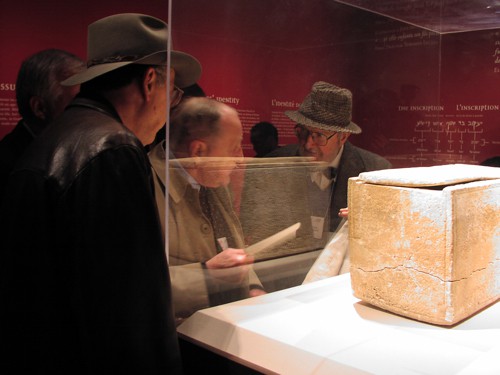
Shanks: How does being a Christian affect your relationship to the Hebrew Bible?
Cross: Happily, I come out of a Calvinist tradition in which the Hebrew Bible carries as much authority as the New Testament. No different weight is given to one or the other. The Bible is one, Old and New, in my particular tradition. My own interest is far more in the Hebrew Bible. My religion is more personally related to the Hebrew Bible than the New Testament.
Shanks: What does that mean?
Cross: I find myself a little uncomfortable in the New Testament environment. And this is also true of what I would call late Judaism, the Judaism of the Second Temple and later. With the Hebrew Bible, you’re living in an austere world. When you come to the New Testament you can’t even swing a cat without hitting three demons and two spirits. And magic becomes something that is everywhere. In the Hebrew Bible this sort of thing doesn’t go on.
Shanks: You have miracles, yes, but they’re not the work, normally, of demons.
Cross goes on to explain his approach to the Hebrew Bible as one that takes a critical view of its stories and narratives, with lots of question marks regarding “historicity,” while appreciating the power and meaning of its epics, myths, and symbols.

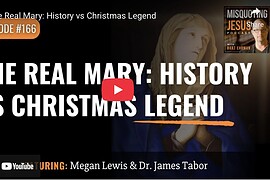
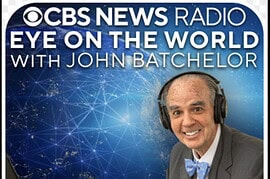
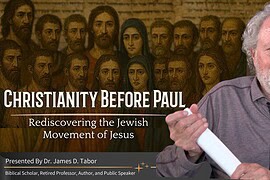
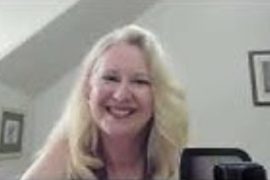

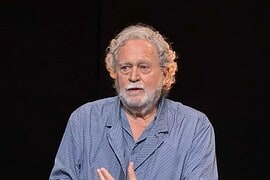
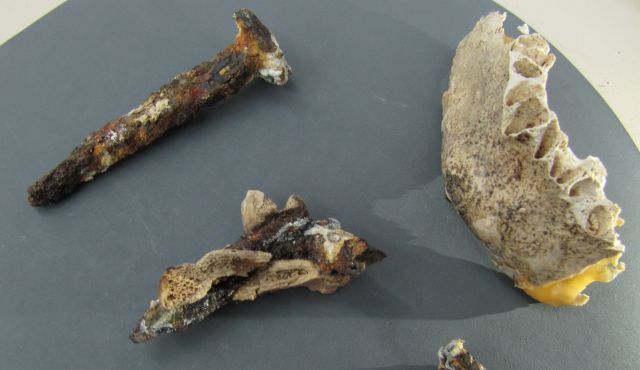
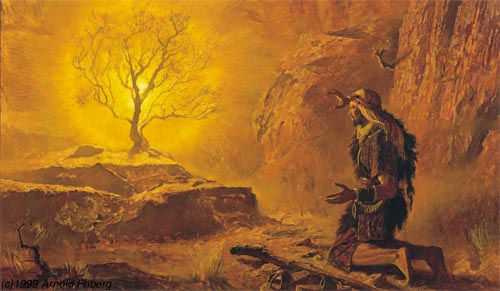
Comments are closed.